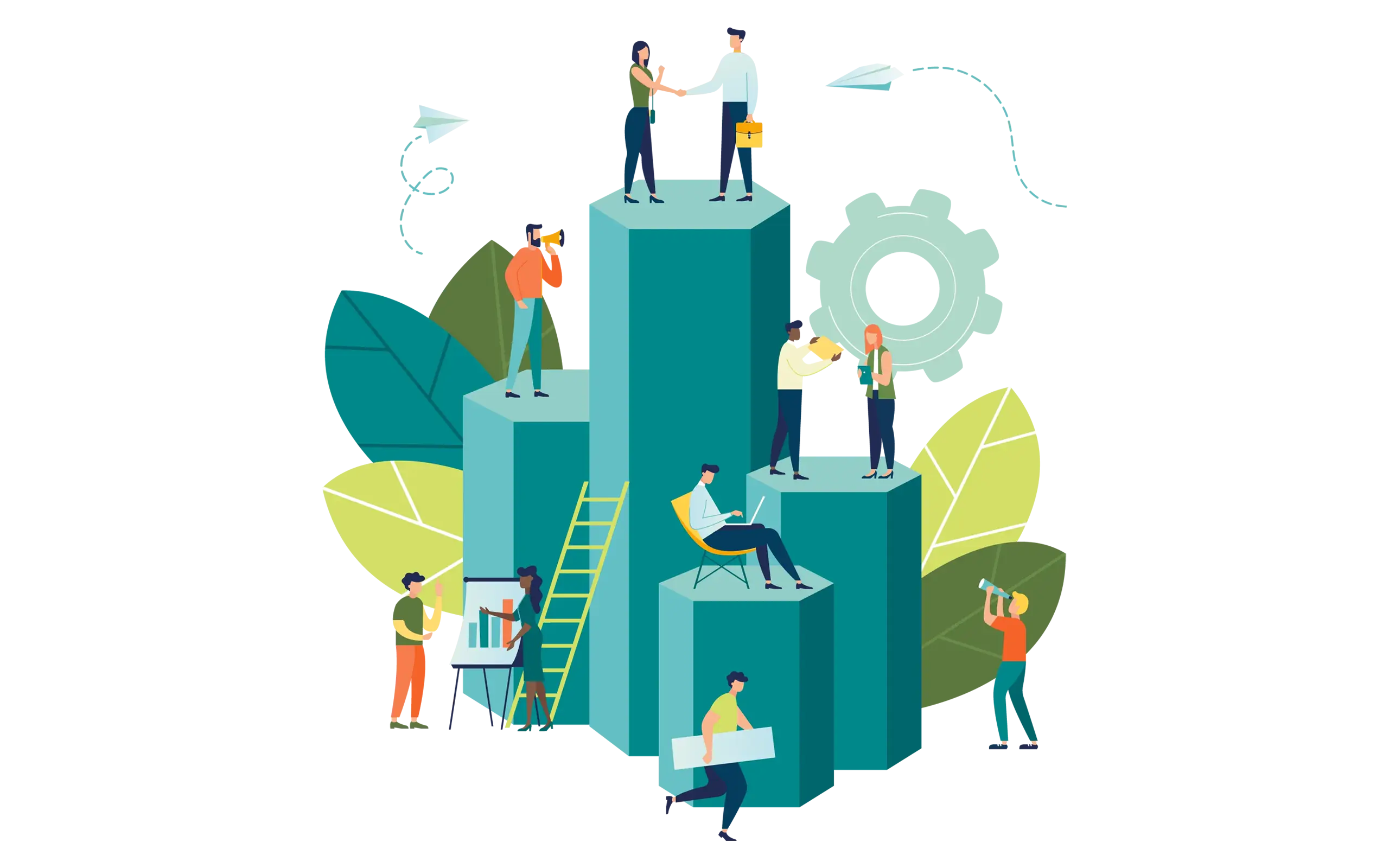The Great Resignation and the current job climate has amplified what was already a pre-existing issue for our profession: finding and attracting good staff to serve the families in our care.
Talking to my daughter’s 5- and 6-year-old friends, most of them want to be firefighters, veterinarians or astronauts. I have occasionally run across a child who wants to be a trash collector or dinosaur hunter, but have yet to find someone whose youthful aspiration is working at a cemetery or serving as a funeral director. At that age this is understandable; there is hopefully little life exposure to our profession and lack of clarity or understanding about what we do. In later stages of life, though, that lack of familiarity evolves to a perception of strangeness or distaste. This is truly unfortunate, because as we all know, our profession offers meaningful and fulfilling opportunities to serve families in our communities during some of their most difficult days. Those who find their calling in what we do find a passion and often a lifelong career surrounded by caring colleagues and friends.
How do we overcome the perception and the stigma? This is something that we as a profession have wrestled with time and again, and today we can reflect on one small piece of the puzzle. To attract and retain top quality talent in today’s environment, it is critical to equip a staff with proper modern tooling for serving the families in their care.
Think for a moment about how the typical funeral home or cemetery walks a family through the purchasing process. In either environment, there is typically a lot of physical paperwork involved where the same information is written multiple times on different documents, and the staff’s time–as well as the customer’s–is spent duplicating information and double checking for errors. In the cemetery environment, staff are often in the position of having to ask a family to wait for 15 or 20 minutes while they verify the availability of property in the area of interest for their customer.
As a profession, we have not provided a modern experience for today’s consumer. This makes it harder for us to attract top quality talent when those people have already intersected with this reality, and with consumers’ rapidly shifting expectations, funeral staff can be in an increasingly disadvantaged position when they are trying to serve modern customers.
There are many ways that technology can be applied into a firm to simplify both the process for the staff as well as improve the process for the end consumer. An important point to consider, though, is not to jump straight to technology. First, evaluate and confirm that you have the right process in place and that you have the right people following and implementing that process in your organization. Technology will enhance and improve a good process, but it can also amplify something that is already not working.
There is no shortage of places where technology can be applied in a funeral home or a cemetery. Communication with families can be automated through text messages, email, and even physical mail campaigns. The purchasing and sales process can be streamlined through truly digital contracts as a part of cemetery management software, where staff and customers browse digital catalogs of property and service options to build the sales agreement and payment plan automatically. Installment payments can be facilitated through automated text messages, emails and online statement portals to provide families with real-time access to their account information, translating to faster access for funds to your organization. These are some of the initiatives that can raise the standard for service in our profession and make it just a little easier to attract and retain good talent.
The application of technology is one small piece of the puzzle, but it is a piece that can amplify the best characteristics that our profession has to offer.
When evaluating and prioritizing where to apply technology into your process, consider a couple of factors. What manual process drains your staff’s time? Where do you already have the right process and people in place where technology could enforce and enhance what’s already being done? Where can you find an easy win to build momentum and generate buy-in from your team? Is there a public-facing initiative that will have a higher impact on your customers or be seen by your community?
Taking small steps can make a big impact in your company culture and your talent pool. If you can start with a small, easy win you can show staff who may be averse to change that they have the capacity to help you grow the organization and offer new levels of service. Aggregating a number of small changes across the course of the year starts to transform the culture of your company, the service level provided, and even the type of talent you can attract.
The hallmark of our profession is offering exceptional service to the families in our care. We do this so well in so many ways, and that is shown best through the compassion of the people who are called to what we do. When we serve a family with an inefficient process or dated procedure, that can stand in the way of the service and compassion that we are extending. The application of technology is one small piece of the puzzle, but it is a piece that can amplify the best characteristics that our profession has to offer.
This article was first published in the Southern Cemetery, Cremation and Funeral Association Newsletter.
Related Articles
Articles related to the one you just read!
What are cemeterians saying about webCemeteries?
This [website] project was quite an odyssey with plenty of twists and turns. The webCemeteries website design team weathered the storm. I think it’s more than fair to say that without their efforts, we would not have gotten this over the finish line…and with such an excellent outcome.
Mark J. DePalma
Forest Lawn Buffalo




